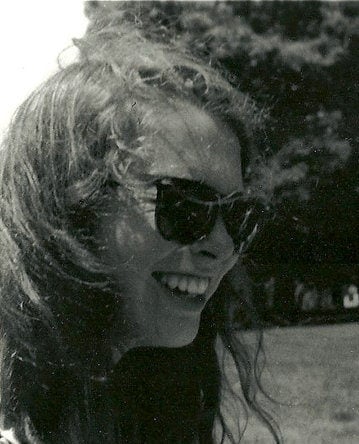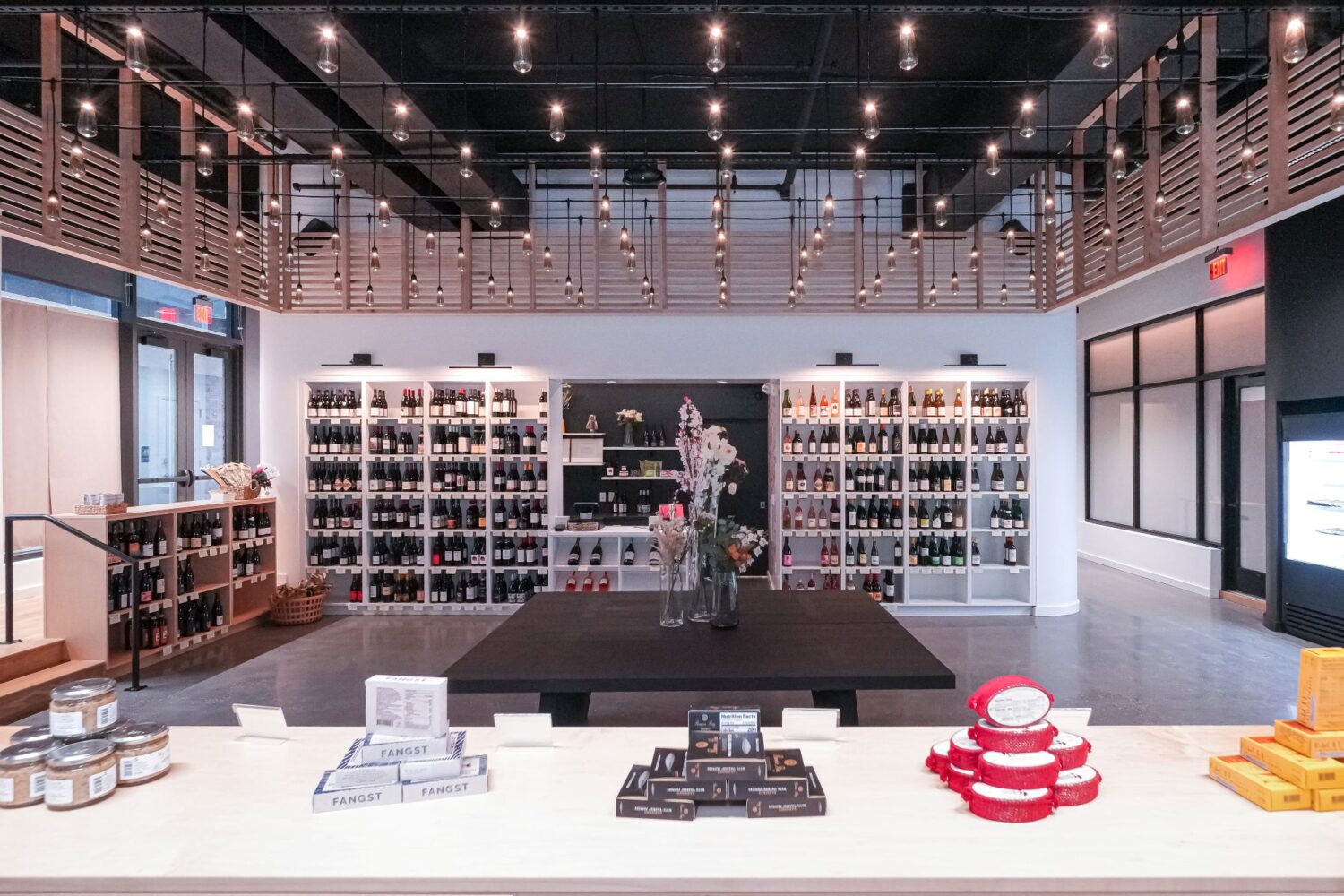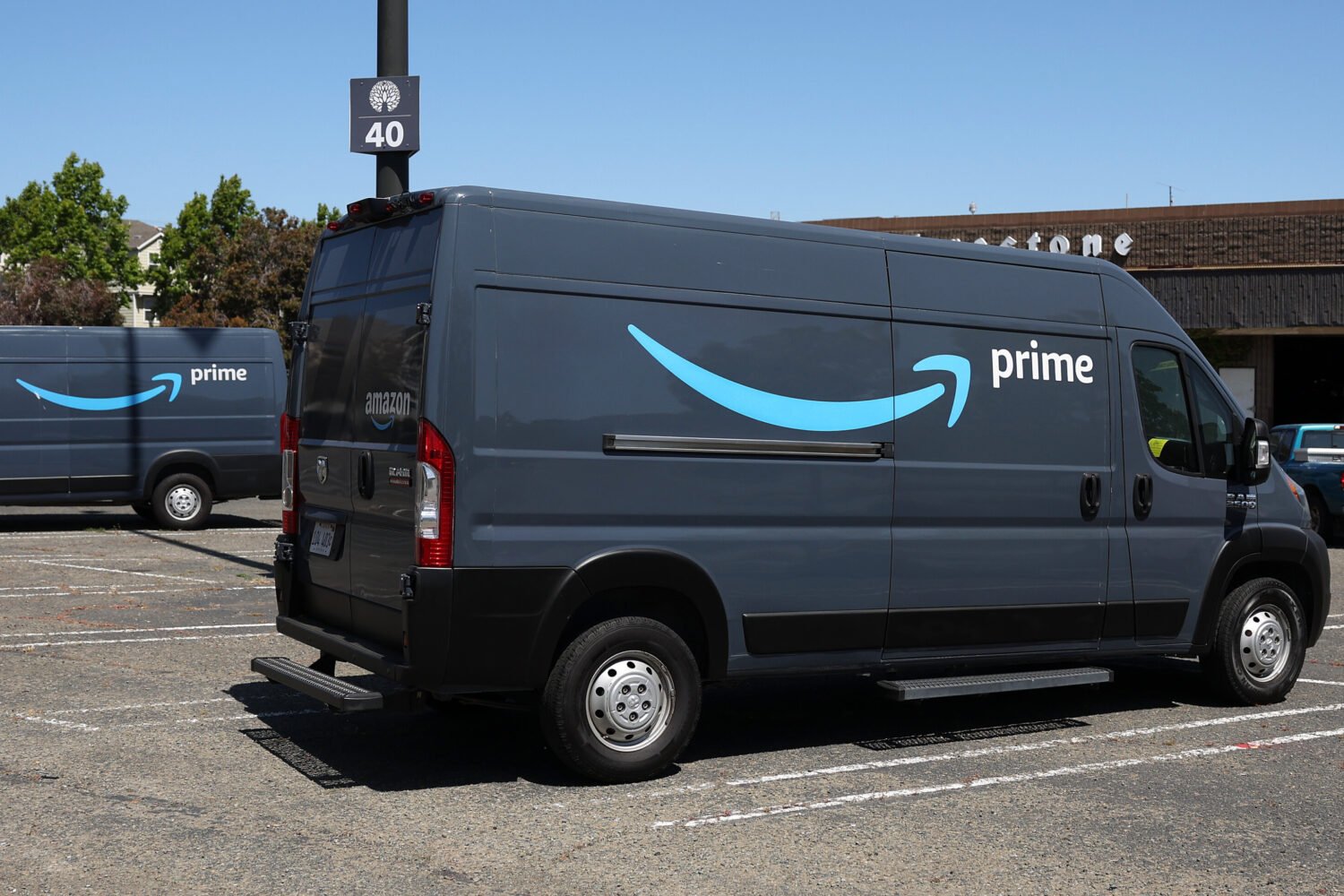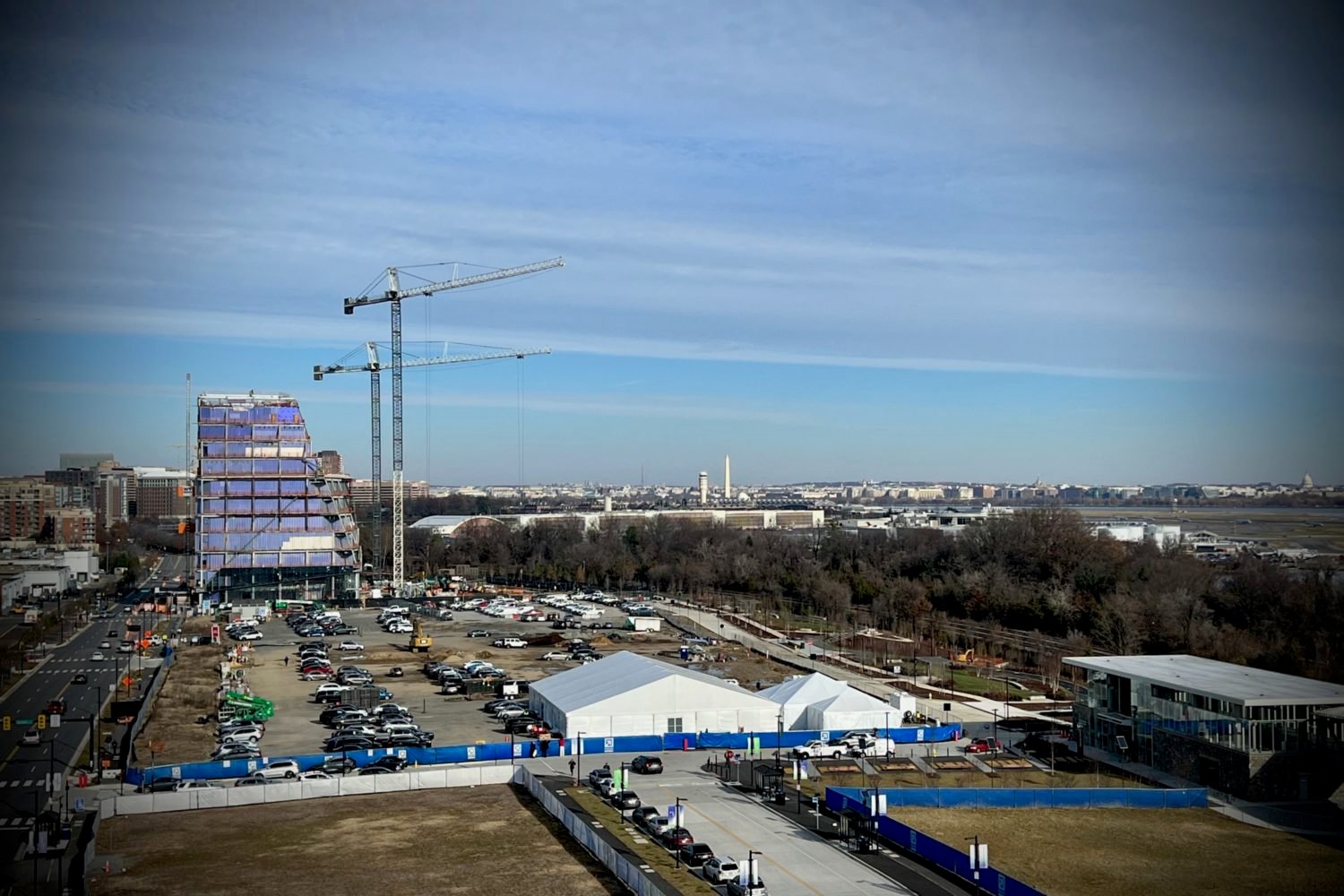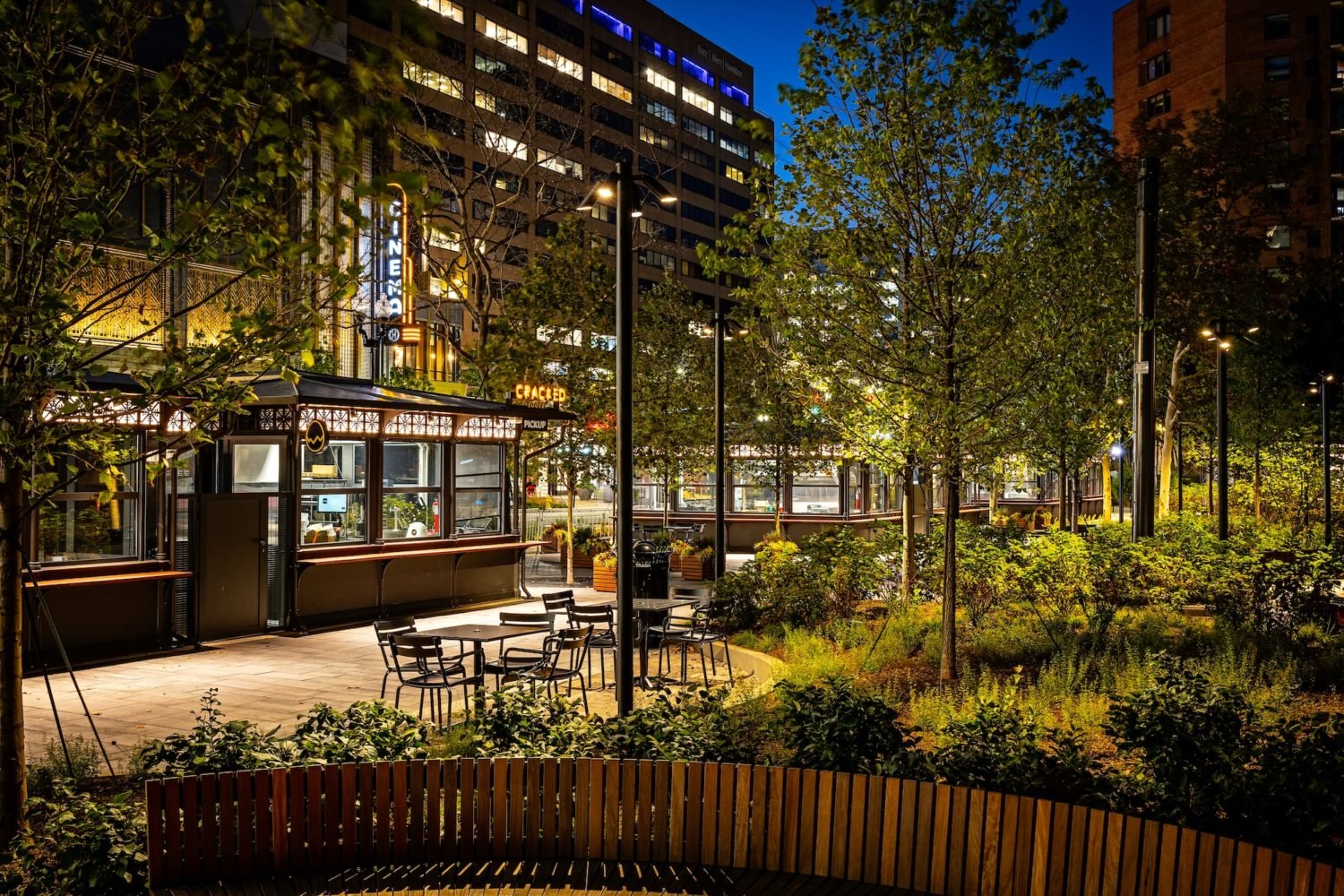It’s official: HQ2 is coming to the DC area, so you’ll soon be able to Prime Now a significant other to your front door without leaving your couch or putting on actual clothes.
Just kidding! You’ll still have to schlep through Bumble like the rest of us.
But with an expected 25,000 new jobs coming to the area, questions of severe gravity hang in the balance: Will this expedite the already steady gentrification of the DMV? Will rent prices continue to climb to atmospheric levels? And, perhaps most important of all, will this help more Washingtonians get laid?
There’s been a lot of online noise about the perils of dating in Seattle: An outsized number of tech bros have flopped into the dating pool like salmon swimming upstream in spawning season, while the “I work at Amazon” taglines pop up epidemic-like in dating app bios.
Only one out of four tech workers that move to Seattle are women, and Amazon has about 45,000 workers there currently—it stands to reason that a lot of those employees are dudes.
“If you’re a guy, you’re literally competing for the attention of women that have 200-plus-more men interested in them,” says Jeff Reifman, who has written about the Seattle dating problem before.
He’s lived in Portland the majority of this past year because he realized “I was going to be single the rest of my life if I stayed in Seattle,” he says, an issue he attributes to the high-level of mostly male tech workers in the city.
And, if you’re to believe a lot of the rhetoric out there about said tech men, they’re not exactly the kind of guys women would be lining up to date anyways. Reifman throws out terms like “lower social skills,” “arrogance,” and “awkwardness,” these men fluent in what the writer Tricia Romano calls “the kind of talk that shuts vaginas down cold.”
As it stands now, DC has more women than men, according to the 2017 American Community Survey. But what will it look like when National Landing is officially Bezos-ified? Will that familiar, blazer-slung-over-the-shoulder, woke-but-in-a-kind-of-annoying-way figure—the political bro—be subsumed by another stereotype: the tech bro? And what would that mean for Washington’s love life?
“When I see Amazon people on apps, I definitely take a second and already pre-judge them on that and most of the time swipe left,” says Taylor O’Leary, a 26-year-old nonprofit employee who is single in Seattle. “It’s going to be the same old, same old. There’s nothing more to them other than Amazon.”
She once went on a few dates with an Amazon employee, but the outings were underwhelming to say the least, she says: “All we did was sit and drink beer over and over and over again.” He was part of what she calls Amazon’s overwhelmingly “pale, male, and stale,” vibe. In a city where the uniform is jeans and flannels, Amazonians stick out, she says. “They’re in their button-ups with glasses on the bus. You can definitely point them out—they’re straight-backed and on their phones.”
But O’Leary also admits she’s playing into a stereotype. Besides those few couple of dates, she hasn’t had much interaction with Amazon employees one-on-one, she says. And neither have many in her social circle, but yet the sentiment prevails, glowing like Kindles in the night: People who work at Amazon just aren’t cool.
So, it raises a question: Is it really fair to lump all 45,000 of these Seattle employees, and the many more who will soon be in our area, together? Not really, says a 27-year-old single man who lives in Seattle and works at Amazon (he asked to remain anonymous because, well, he works at Amazon).
“I think that people see working at Amazon as ‘Oh, cool, you sold out to the man,’” he says, adding that the company is perceived as having a “money-hungry, emotionless” ethos among many of his contemporaries. “I think it’s the thought that you’re coming into the city to kind of unravel what has been here—new buildings and getting rid of the old culture.”
What he saw as a good job and smart career move is perceived as a deal-breaker to some—he’s even seen phrases like “If you work at Amazon, don’t message me” on women’s dating app bios.
Obviously, he sees the whole hating-on-Amazon-workers thing as pretty unfair; the employee pool is huge, he reminds us. So yeah, you have that stereotypical socially awkward yet arrogant tech dude-type, but there’s also a ton of other kinds of people. “I don’t want people to think I’m a robot because I work at Amazon,” he says. “I direct, I play music—there’s lots of stuff I do outside [of work].”
He lists Amazon as his employer in his dating apps because he doesn’t want to let others’ perceptions dominate his outlook. “Why would I hide that?,” he says. “The person that doesn’t want to date me because I work at Amazon and doesn’t see the passion that I have here at work and outside of work isn’t the kind of person I want to date anyways.”
When asked if he thinks HQ2 will be good for DC’s dating economy, though, he’s less assured. “There are just so many different types of people in this work. It could be great because there are more people available, there’s a new pool of people from different backgrounds.”
He pauses. “Or it could be awful if they’re hiring a type of person rather than a round person with a bunch of skill sets and hobbies,” alluding to the very stereotype he gets pegged with. “[If] it’s all going to be those kinds of guys, yeah, that’ll suck for sure.”
Reifman is equally dubious—he recently spent a bit of time in DC and went on a few dates.
“One thing I noticed in DC is that the professional women I met are very passionate about what they’re doing,” he says of his time here. “They’re very focused on their lives and their work and are tied into the government in some ways. And I think that would be a really big clash with the sort of Amazon technology guy running large server farms in Virginia.”
And when Crystal City is finally transformed, chrysalis-like, into all its National Landing glory, those kind of people will fill the sidewalks and futuristic glass buildings. “You’re going to see a certain type of guys walking around at a much higher frequency,” he says. “Whether it’ll simplify and improve dating, I am skeptical for DC.”


